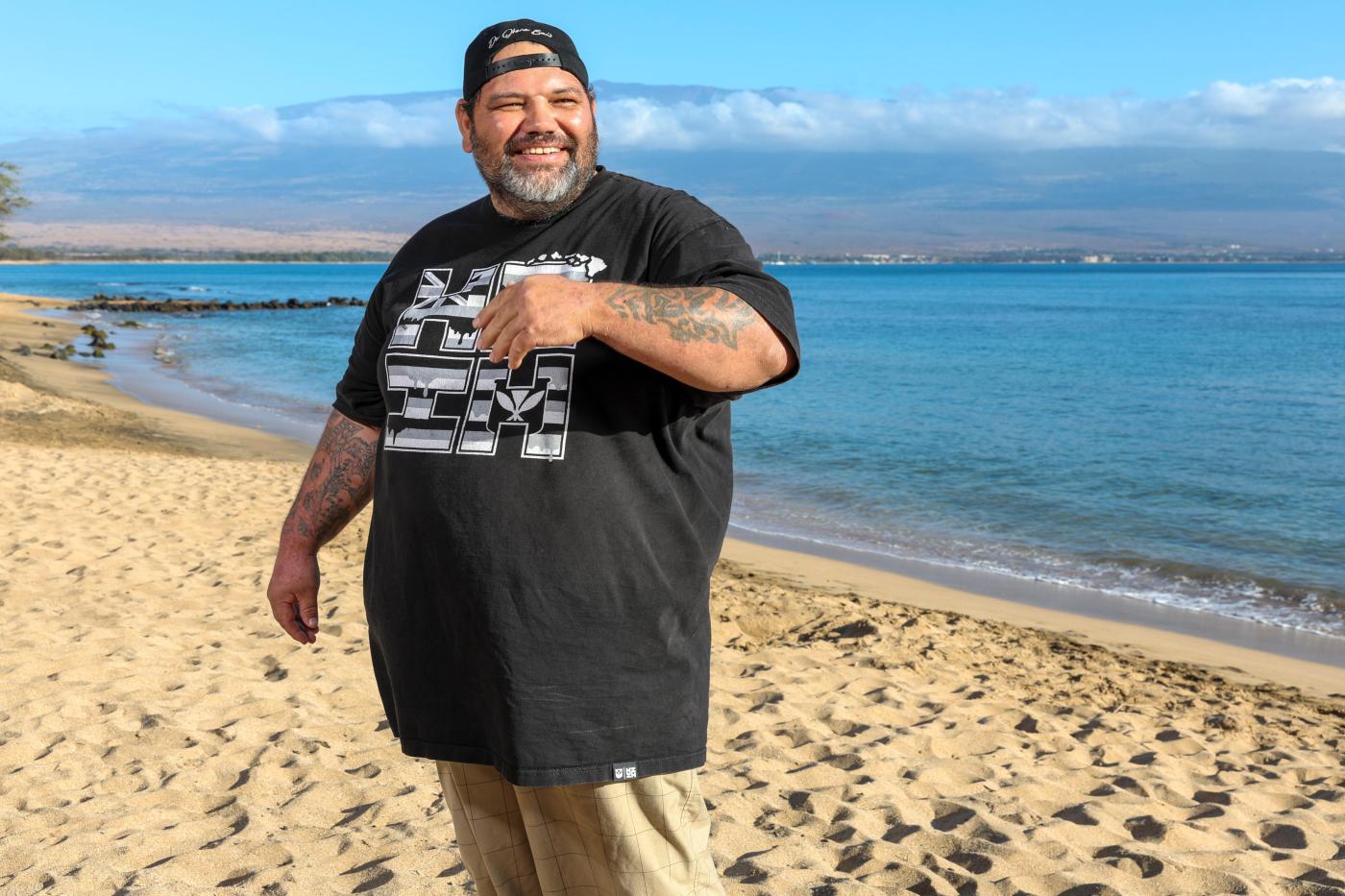
The rise in mail voting comes with a price, as mismatched signatures lead to ballot rejections
By AUDREY McAVOY and AYANNA ALEXANDER
HONOLULU (AP) — As with many voters on Maui, Joshua Kamalo thought the race for president wasn’t the only big contest on the November ballot. He also was focused on a hotly contested seat for the local governing board.
He made sure to return his ballot in the virtually all vote-by-mail state early, doing so two weeks before Election Day. A week later, he received a letter telling him the county couldn’t verify his signature on the return envelope, jeopardizing his vote.
And he wasn’t the only one. Two other people at the biodiesel company where he works also had their ballots rejected, as did his daughter. In each case, the county said their signatures didn’t match the ones on file.
“I don’t know how they fix that, but I don’t think it’s right,” said Kamalo, a truck driver who persevered through traffic congestion and limited parking options to get to the county office so he could sign an affidavit affirming that the signature was indeed his.
He said he probably wouldn’t have bothered to fix it if the South Maui county council race wasn’t so close. The co-founder of his employer, Pacific Biodiesel, was the candidate who ended up on the losing side.
Kamalo’s experience is part of a broader problem as mail voting rises in popularity and more states opt to send ballots to all voters. Matching signatures on returned mail ballot envelopes to the official ones recorded at local voting offices can be a tedious process, sometimes done by humans and sometimes through automation, and can lead to dozens, hundreds or even thousands of ballots being rejected.
If the voter can’t correct it in time, the ballot won’t count.
“There’s been a big push toward mail voting over the last few years, and I think the tradeoffs aren’t always clear to voters,” said Larry Norden, an elections and government expert at the Brennan Center for Justice.
He said it’s important for states and local governments to have procedures that ensure large numbers of eligible mail ballot voters aren’t being disenfranchised.
The use of mail ballots exploded in 2020 as states looked for ways to accommodate voters during the COVID-19 pandemic. Eight states and the District of Columbia now have universal mail voting, in which all active registered voters are mailed a ballot unless they opt out.
At least 30 states require election officials to notify voters if there is a problem with their mail ballot and give them a chance to fix — or “cure” — it. Some have complained that the timeframe allowed to do that is too short.
Nevada, a key presidential battleground, is among the states that mails a ballot to all registered voters. In November, county election offices rejected about 9,000 mail ballots primarily because of signature problems.
Related Articles
A ‘Ladies’ Night’ lawsuit sent a family-owned East Bay restaurant out of business. It’s more common than you’d think
A guide to funeral services for former President Jimmy Carter
Transgender trailblazer Sarah McBride heads to her debut in Congress, hoping for a touch of grace
California has No. 10 state economy over 25 years
Conservative group warns San Diego County officials on ‘sanctuary’ immigration policy
That didn’t affect the outcome of the state’s presidential race, which Donald Trump won by 46,000 votes, but it could have changed the outcome in some down ballot races. Some state legislative seats in Clark County, which includes Las Vegas and had more than half of the rejected mail ballots, were decided by just several hundred votes. The North Las Vegas City Council race, also in Clark County, was decided by just nine votes.
“We’ve had signature curing problems since we adopted universal mail-in voting during the pandemic in 2020, and it seems to be getting worse,” said Sondra Cosgrove, history professor at the College of Southern Nevada in Las Vegas and executive director of Vote Nevada, a civic organization. “This is something that’s a crisis level that needs to get fixed.”
The potential for signature match problems to affect closes races has led some voting rights groups in the the state to call for an overhaul of the verification process.
“We have to find the best option going forward for people that is more accessible, that gets their votes and ballots counted on time, because it’s crazy when you think about the difference-maker being eight or nine votes,” said Christian Solomon, the state director of Rise Nevada, a youth-led civic engagement group.
Nevada voters already took one step toward a potential fix in November when they approved — by 73% — a constitutional amendment that will require voters to present identification to vote. When voting with a mailed ballot, a driver’s license or Social Security number will be required in addition to the signature. Voters will need to approve the amendment a second time in two years for it to take effect.
Dave Gibbs, president of the Repair the Vote PAC, which wrote the amendment, said he was inspired by a a law passed in 2021 in another presidential swing state, Georgia.
That state ended its signature check process and instead now requires voters to submit their driver’s license number or state identification card number when returning a mailed ballot, said Mike Hassinger, spokesman for the Georgia Secretary of State’s office. Most voting there is done early but in-person.
Critics say such ID requirements would be too burdensome for states, like Hawaii, where mailed ballots account for the vast majority of voting.
On Maui, the number of rejected mail ballots prompted a lawsuit challenging the results of the local county council election, where the winning margin was just 97 votes.
The lawsuit alleges that hundreds of ballots weren’t counted because the county clerk wrongly claimed they arrived in envelopes with signatures that didn’t match the one on file. Attorney Lance Collins said his clients wanted a new election in the race between Tom Cook and his client, Kelly King.
Six voters submitted declarations saying they were told their ballot envelope signature was deficient when, in their view, there was nothing wrong with it.
Collins said under the state’s administrative rules, a returned ballot envelope is presumed to be that of the voter and should be counted unless there is evidence to suggest it’s not the voter’s. He also said the county’s rejection rate was significantly higher than the national average.
Maui County’s attorneys responded in a court filing that its signature verification process followed the law. On Dec. 24, the state Supreme Court unanimously agreed and declared Cook the winner. The justices said the clerk provided voters with reasonable notice and opportunity to correct the deficiency on their ballot envelopes.
Even so, many voters on Maui have shared similar stories about being informed their signatures didn’t match. Resident Grace Min, who was not part of the lawsuit, was among those who received one of the letters.
“I just find it highly unusual that my (ballot) signature would not have matched my signature,” she said.
She had been paying particular attention to the county government race that she knew would be close, so it was important for her to make sure her vote was counted. She emailed an affidavit confirming the ballot was hers, but also had questions about the verification process and was concerned the time allowed for curing ballots was so short.
“I just have to imagine there had to have been people who didn’t fix their signature,” Min said, “and that doesn’t seem very fair.”
The Associated Press receives support from several private foundations to enhance its explanatory coverage of elections and democracy. See more about AP’s democracy initiative here. The AP is solely responsible for all content.


